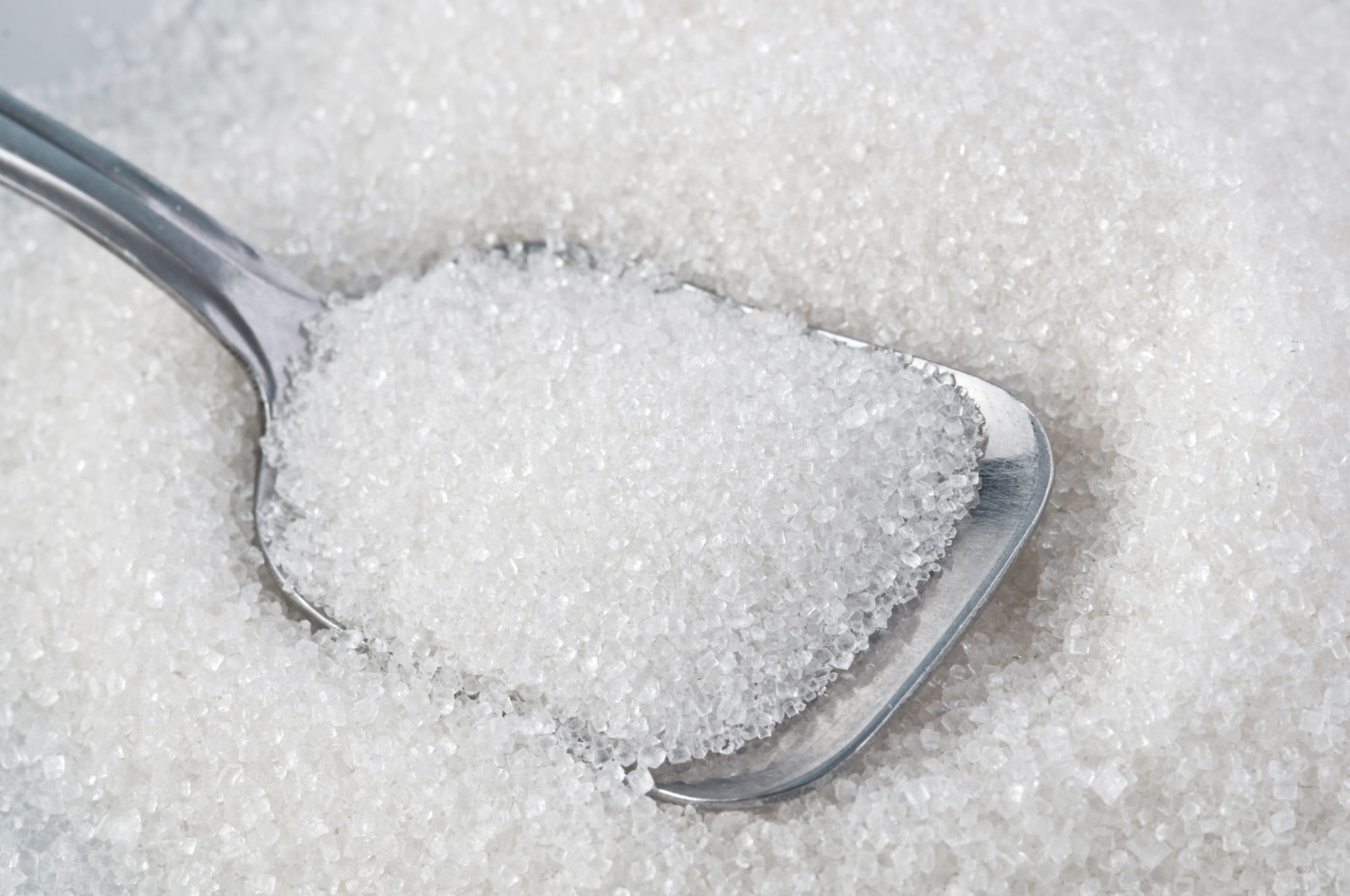India may ban sugar exports for the next season, which starts in October, due to reduced sugarcane yields due to insufficient rains, Reuters news agency reported, citing three government sources.
The expected move follows a lack of rains affecting the top sugarcane-producing regions, with monsoon rainfall in Maharashtra and Karnataka 50 percent below average.
The ban on Indian sugar exports, which has not happened in seven years, could push up global benchmark prices, raising potential inflation in global food markets.
The prospect of such a decision comes as India faces concerns over food inflation, with retail inflation hitting a 15-month high of 7.4 percent in July and food inflation rising to 11.5 percent, the highest in three years.
The country’s sugar production may decline by 3.3 percent to 31.7 million tonnes in the upcoming 2023/24 season. After India allowed mills to export only 6.1 million tonnes of sugar in the current season, as against 11.1 million tonnes in the previous season.
Among these developments, Indian authorities are prioritizing local sugar demand and ethanol production from surplus sugarcane.
“Our primary focus is to meet local sugar requirements and produce ethanol from surplus sugarcane,” a government source told the news agency. “For the coming season, we will not have enough sugar allocated for our export quota,” the source added.
The government aims to ensure adequate supply and stable prices within the country due to the potential impact on food inflation.
The move to freeze sugar exports follows similar moves, such as the recent ban on exports of non-basmati white rice and the imposition of a 40 percent duty on onion exports. “Food inflation is a concern. The recent rise in sugar prices rules out any possibility of exports,” another government source said.
These measures are part of a larger effort to manage food prices ahead of the upcoming state elections.
Limited output in Thailand and an inability to fully compensate for shortages in major producer Brazil could add to global supply concerns. Meanwhile, India’s decision to stop sugar exports could have a significant impact on global sugar markets and food prices.




